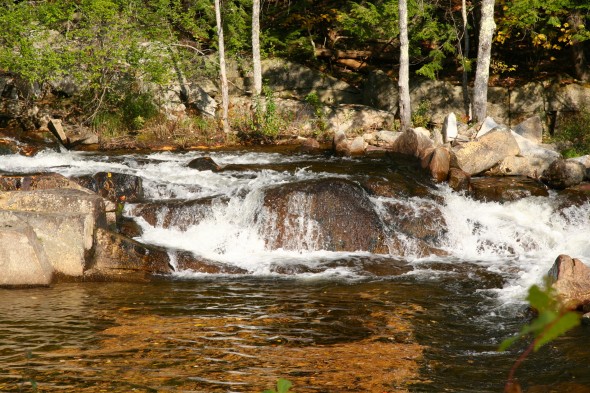The sermon topic was centered around the encounter of Jesus with the Samaritan woman at the well, one of the richest passages in the entire New Testament. So many layers, so much great stuff to think about. And our pastor did a fine job asking good questions, finding great points of application. It was my turn to lead in prayer, and I wove together some of my own thoughts on that passage and the emotions that were triggered by a poem posted on Facebook Saturday by John Blase, one of my favorite people writing anywhere. The gospel passage is about a tough conversation, and a woman who discovers that there is a man, an amazing man, who truly sees her for all of who she is — and accepts her anyhow.
So as you pray this prayer today, will you give yourself permission to be fully seen by Jesus? For who you are and what you’ve done and what you’ve not done?
A Post-Pentecost Prayer
October 13, 2013
written by Diana R.G. Trautwein
I came into worship today with this poem on my heart.
It’s written by a friend I’ve met online. He’s a writer, an editor, a poet,
and a bit of a cowboy, who lives in Colorado.
And he often puts words to things I’m wrestling with,
words that are just behind my eyes, but I can’t quite see.
Do you know that feeling?
His name is John Blase and these are his words.
They’ve been haunting me a bit this weekend:
The loneliness lays
claim to you with
cumulative power.
It starts as a wild hair.
You break rank and
keep your eyes open
as others bow to pray.
You see a sea of crowns
for the very first time
and feel adrift: who
are these strangers?
You close your eyes
before the final amen,
a timed acquiescence.
You file out with the
throng into the bright
sunlight. But you can’t
shake the bony chill.
You sense this will
only grow sharper.–-John D. Blase*
As we, in this circle, go to prayer, I want to acknowledge that
some of you may well be feeling what is described here.
And if you want to keep your eyes open while we pray, that’s just fine by me.
Let’s pray together:
There are days, LORD, when the only prayer we can find
is the one we just sang: Come, Lord Jesus, come.
The truth is,
we’re all thirsty, most all the time.
We’re thirsty for things we can’t quite name,
hungry for friends we don’t quite see,
often painfully aware that we’re lonelier than we know.
And that’s one of the reasons that we come here,
and we join our voices together, to sing out your praises.
Somehow, we feel a little less alone, a little more connected,
when we sing.
But I’m not sure that connection is as easily found when we pray.
So, as we begin this part of our conversation with you today, Lord,
I want to acknowledge those who feel the bony chill of loneliness and disconnection.
Our gospel story today tells us about such a one, a woman on the edge,
on the outside of her community.
Yet, you saw her. You acknowledged her and drew her out,
you confronted her and challenged her.
You. Saw. Her.
She gave you water from the well.
But you gave her life, and hope and newness.
And she ended that well-side conversation
with all of that outside-the-edginess gone, her loneliness dissolved.
So I guess, Lord, I am asking you to remind us — each one of us,
in ways that are as unique to us as they were to that woman —
that you see us.
Tell us again that the water you give is the only water that works,
living water that does what water does –
it filters down into every crack and crevice and brings new life.
It meanders, and slowly but surely snakes its way into every layer of who we are,
and it changes us.
Even on the lonely days, it keeps on trickling down.
Even when we can’t find the words because the grief is too deep,
or the fear is too high,
or the harsh words we said in the car on the way to church are still hanging in the air —
that water of life keeps working its way into us.
Will you help us to remember that, please?
To know that when we come to the Water that is you,
we will always find what we need?
We confess to you that we don’t always make it easy
for your water to do its watery thing.
We build dams and we blow a lot of hot air
and we sometimes even turn off the spigot,
with our stubbornness and our proclivity for desert living.
Forgive us, Father, and strengthen us to follow the river of life right to its source!
Thank you so much for the richness of your gift to us,
for the assurance that our hope is in you, and nowhere else.
And help us to see with your eyes, to spot those who are lonely
and reach out in kindness,
to offer that famous cup of cold water
in ways that are specific and unique to each person along the way,
help us to be leaky vessels,
through which the water of life gets spread all over the place.
We will thank you and we will praise you
and we will gladly drink at the fountain again and again.
In Jesus’ name, amen.
























